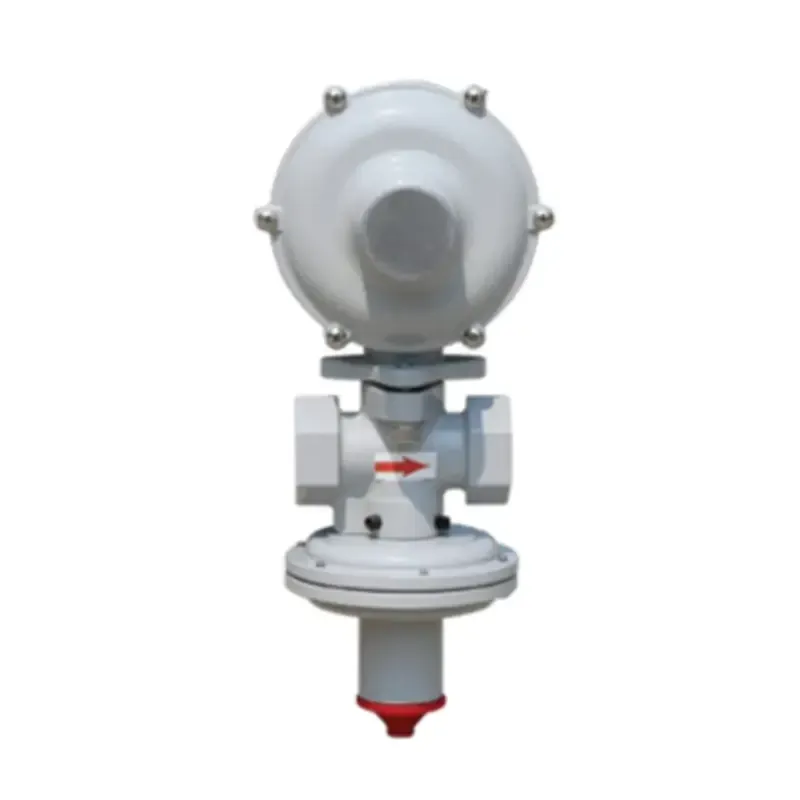
Nov . 01, 2024 06:36
Back to list
Innovations in Electric Valve Technology for Improved Performance and Efficiency
Understanding Electric Valves A Key Component in Modern Automation
Electric valves play a pivotal role in modern automation systems across various industries. As integral components in fluid control, these valves leverage electrical signals to operate seamlessly, making them indispensable in processes ranging from water management to chemical manufacturing.
An electric valve operates by using an electric actuator to open or close the valve, which regulates the flow of liquids or gases within a system. This mechanism allows for precise control, ensuring optimal performance and efficiency. Unlike manual valves, which require physical intervention to operate, electric valves can be controlled remotely or programmed to respond automatically to changes in pressure, temperature, or flow rate.
One of the primary advantages of electric valves is their ability to integrate with advanced control systems. In an era of Industry 4.0, where connectivity and automation are paramount, electric valves can be connected to sensors and controllers, forming part of a larger intelligent network. This connectivity facilitates real-time monitoring and enables operations to be adjusted swiftly, enhancing overall efficiency and reducing the risk of human error.
electric valve

Furthermore, electric valves offer several benefits in terms of maintenance and durability. Many electric valve actuators are designed to withstand harsh environments, making them suitable for use in industries like oil and gas, pharmaceuticals, and food processing. The reduced need for regular manual operation also translates to lower wear and tear, thereby extending the life of the valve.
In terms of types, electric valves come in various forms, including globe, ball, and butterfly valves, each suited to specific applications. For instance, ball valves are known for their quick operation and minimal pressure loss, making them ideal for applications requiring rapid flow control. On the other hand, globe valves provide better throttling capability, making them suitable for applications where controlling flow rate is critical.
As industries continue to evolve, the demand for efficient and reliable fluid control solutions is only set to increase. Electric valves, with their unmatched precision and ease of integration into automation systems, represent the future of process control. Their ability to enhance efficiency and reduce operational costs while providing reliable performance makes them a cornerstone of modern industrial applications.
In conclusion, electric valves are essential components that enable automation, enhance efficiency, and improve safety across various sectors. As technology advances, their significance will only grow, solidifying their place in the foundation of industrial innovation. Investing in high-quality electric valves can ultimately lead to substantial improvements in operational efficiency and reliability.
Latest news
-
Safety Valve Spring-Loaded Design Overpressure ProtectionNewsJul.25,2025
-
Precision Voltage Regulator AC5 Accuracy Grade PerformanceNewsJul.25,2025
-
Natural Gas Pressure Regulating Skid Industrial Pipeline ApplicationsNewsJul.25,2025
-
Natural Gas Filter Stainless Steel Mesh Element DesignNewsJul.25,2025
-
Gas Pressure Regulator Valve Direct-Acting Spring-Loaded DesignNewsJul.25,2025
-
Decompression Equipment Multi-Stage Heat Exchange System DesignNewsJul.25,2025

